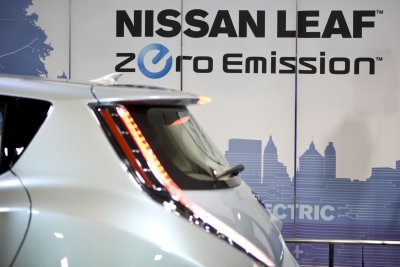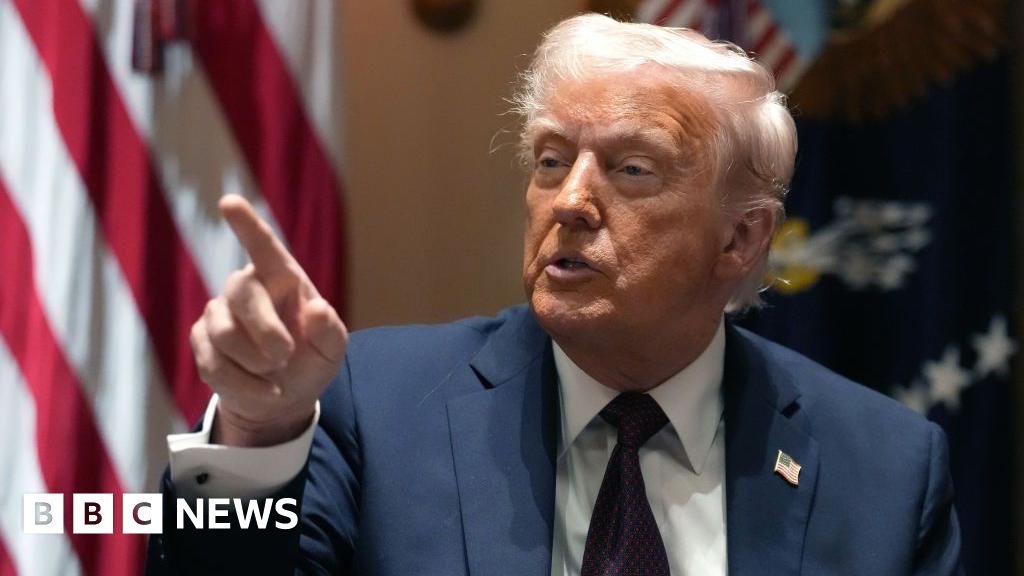Mercedes, Nissan among global carmakers in Britain’s ‘dieselgate’ trial

Oct. 13 (UPI) — Europe’s years-long “dieselgate” scandal is set to begin court proceedings Monday in Britain’s high court that potentially could impact over one million car owners and a handful of manufacturers.
The landmark trial described as the largest class action lawsuit in English and Welsh history is the culmination in a decade-long legal battle over allegations at least five major car manufacturers utilized software that allowed new cars to reduce its emissions under testing conditions.
It pointed to Mercedes, Ford, Peugeot/Citroen, Renault and Nissan as its named defendants. But the global car producers proclaim innocence.
“A decade after the ‘dieselgate’ scandal first came to light, 1.6 million (British) motorists now get their chance to establish at trial whether their vehicles contained technology designed to cheat emissions tests,” attorney Martyn Day, part of 22 law firms representing drivers, told the BBC and the Independent.
Scores of other car makers — including Opel, Hyundai/Kia, Porsche, Volkswagon, BMW, Suzuki, Toyota, Volvo, Mazda and Jaguar Land Rover — may face similar action depending on outcome.
The “dieselgate” emissions scandal was exposed by the U.S. Environmental Protection Agency in 2015 following the revelation that a number of diesel-powered VW models contained deceptive emissions-monitoring devices.
On Monday, Day said if the court ruled on the side of consumers that it would “demonstrate one of the most egregious breaches of corporate trust in modern times.”
“It would also mean that people across (Britain) have been breathing in far more harmful emissions from these vehicles than they were told about, potentially putting the health of millions at risk,” Day added.
However, the companies have attempted to push back against allegations of wrongdoing.
A Mercedes spokesperson said its test mechanisms were “justifiable from a technical and legal standpoint,” while Ford stated the claims had “no merit.”
According to Nissan, it was “committed to compliance in all markets in which we operate.”
In May, a German court convicted four ex-Volkswagen officials of fraud years after “Dieselgate” got exposed.
Australia’s high court in 2019 fined Volkswagen a record $86 million in the emissions scandal.
It arrived as the British commonwealth nation preps to reduce its greenhouse gas emissions by more than 60% by 2035 along with more than 100 other nations that agreed to reduce maritime emissions in opposition to U.S President Donald Trump.
Meanwhile, a judgment in Britain’s “dieselgate” case is not expected until sometime mid-next year. A later hearing to determine compensation could follow if Britain rules against the carmakers.
